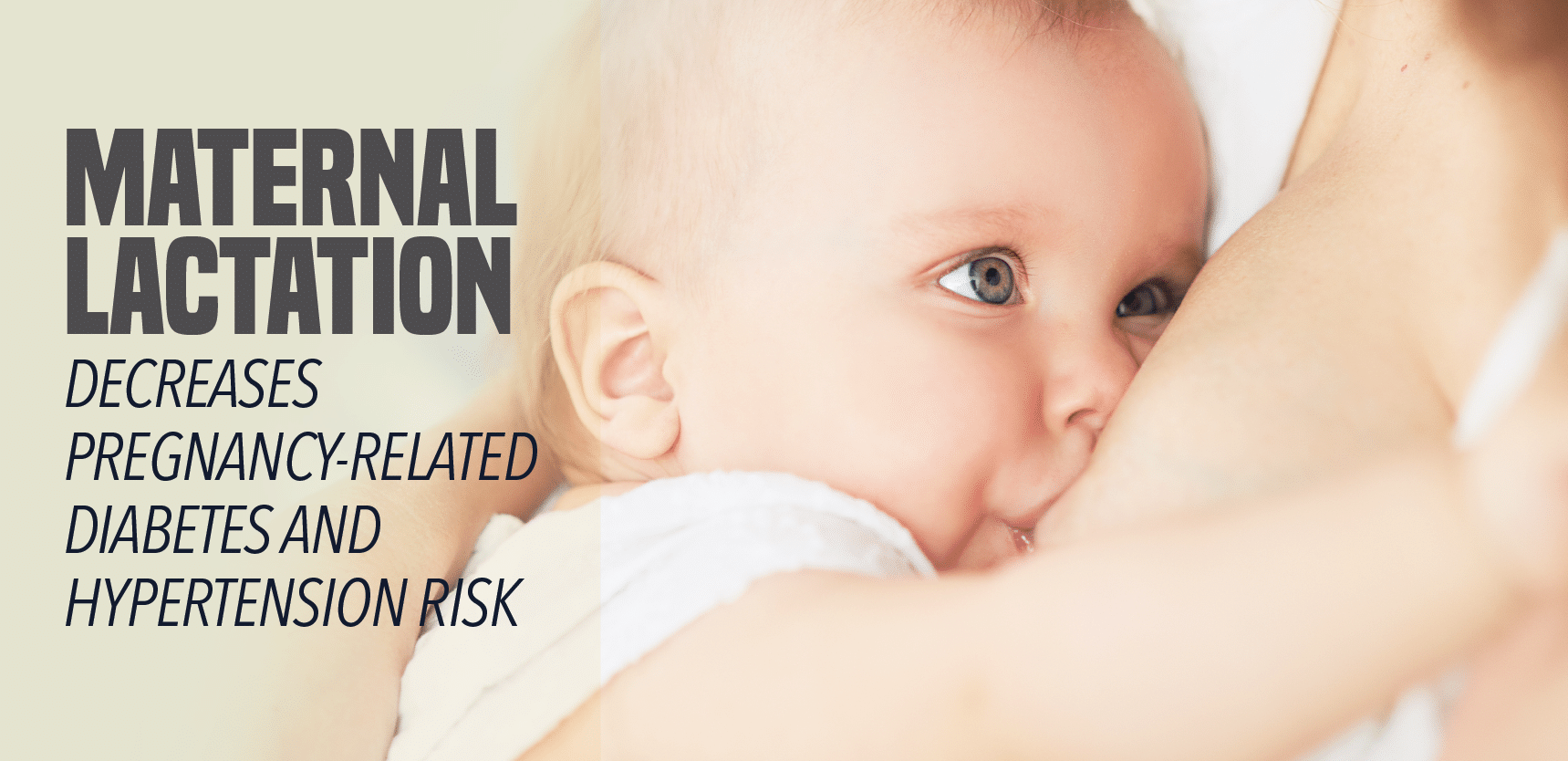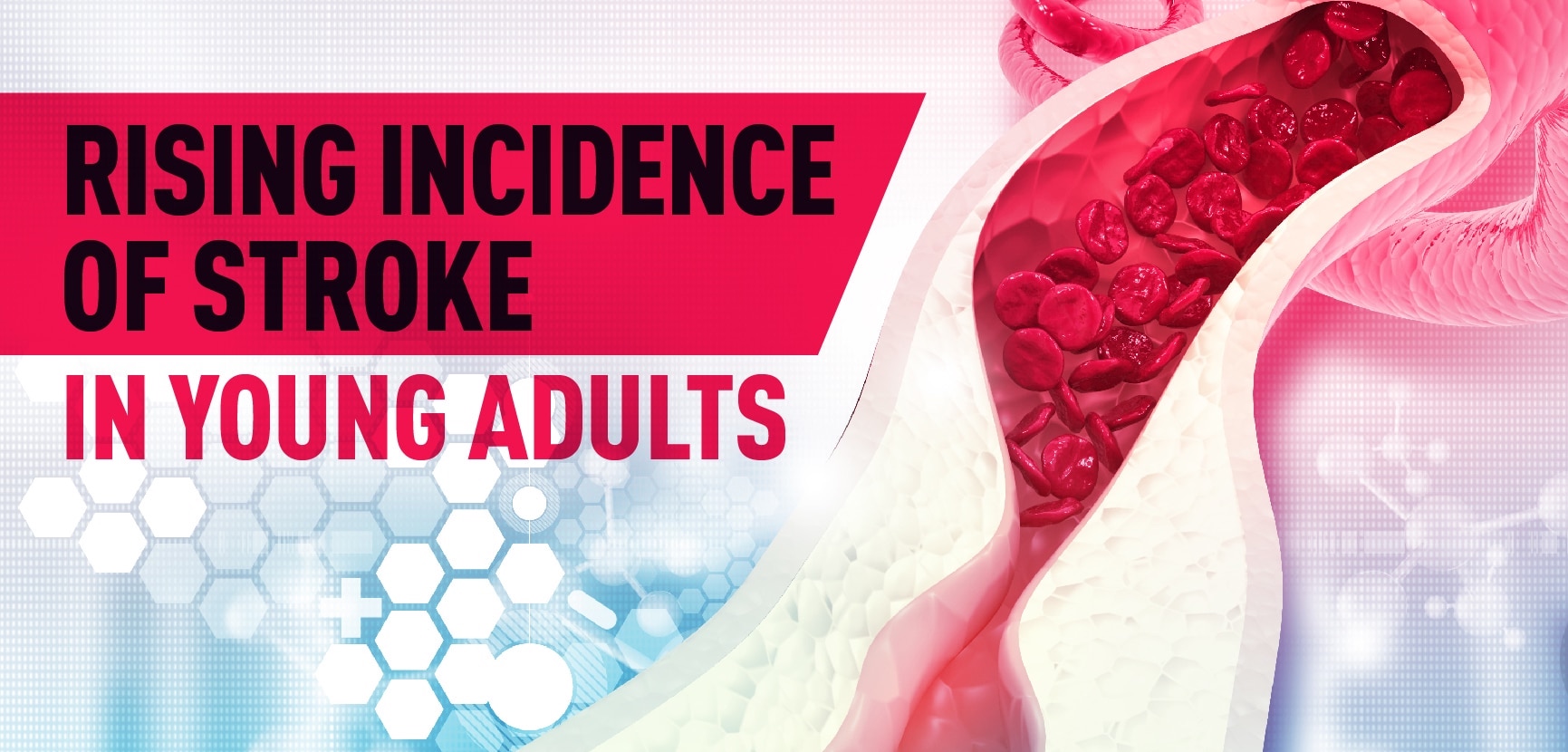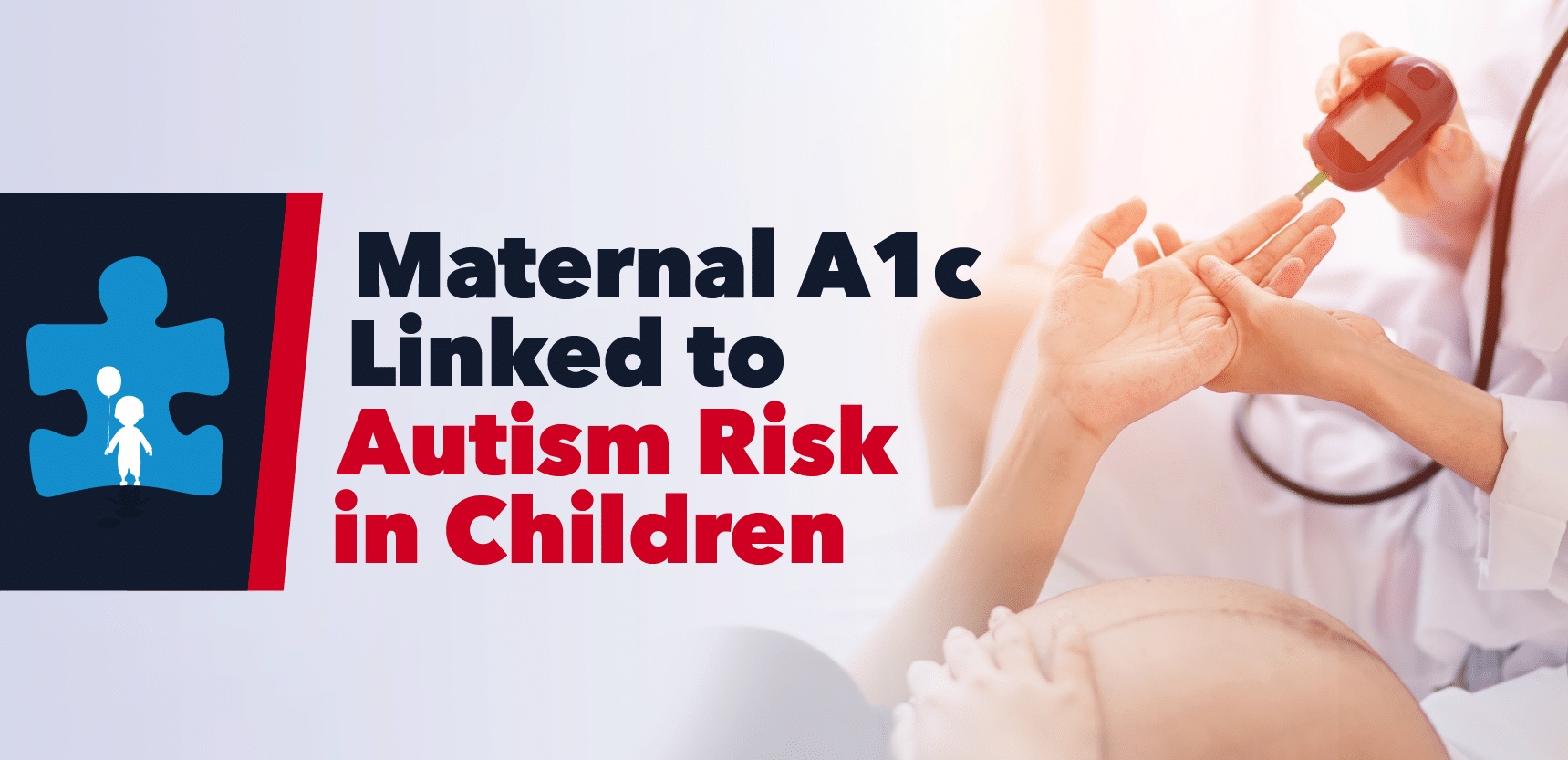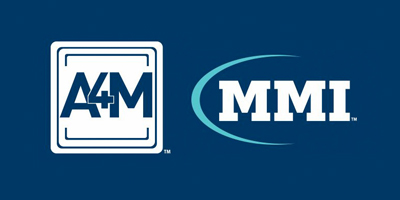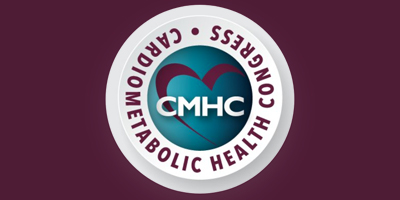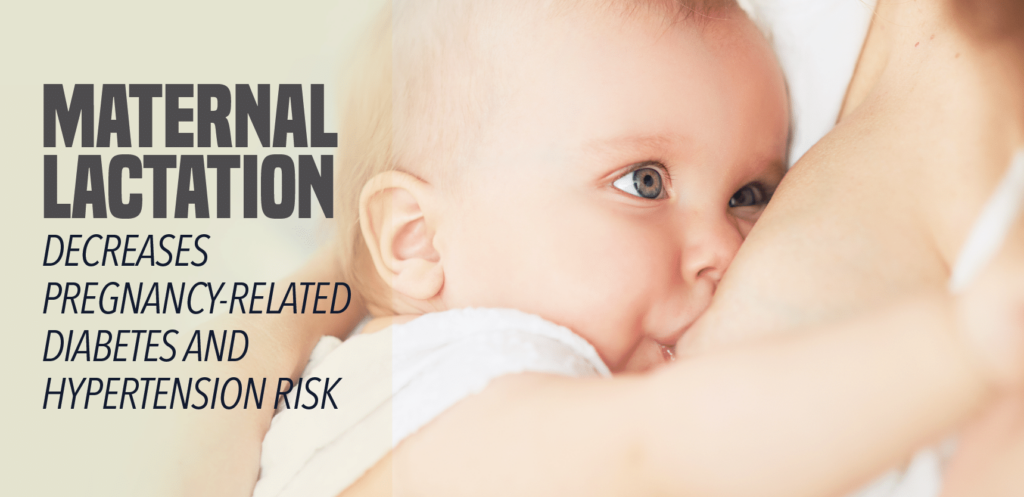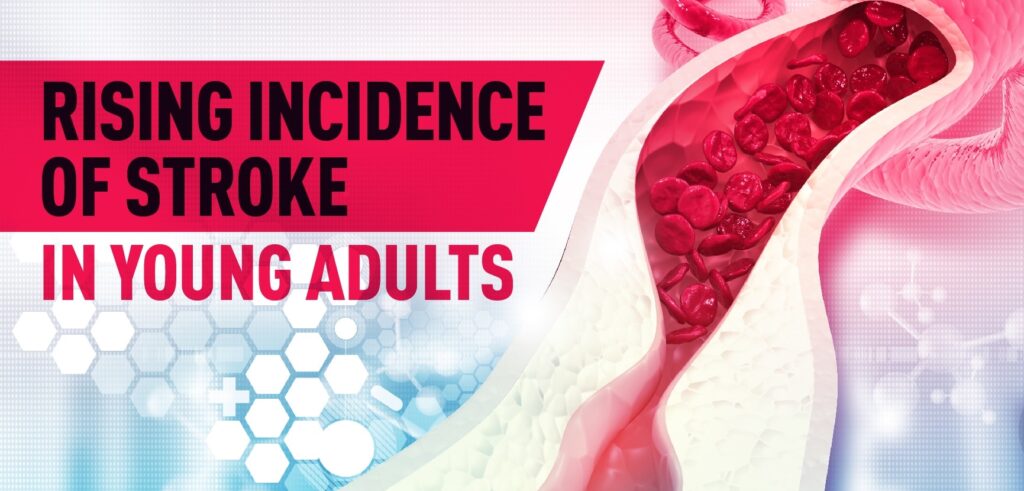All children should be screened for the risk for sudden cardiac arrest (SCA) or sudden cardiac death (SCD), according to a policy statement published online June 21 in Pediatrics.
Christopher C. Erickson, M.D., from the University of Nebraska Medical Center in Omaha, and colleagues updated a previous policy statement relating to evaluation of children for SCA/SCD risk. The authors note that all children should be screened for the risk for SCA/SCD at a minimum of every three years or on entry into middle/junior high school and into high school.
Primary care providers should be aware of the elements of clinical history, family history, and physical examination that are indicative of the risk for SCA/SCD. In the course of routine health care, all children should be evaluated for conditions that are predisposing to SCA/SCD. To begin assessing SCA/SCD risk, a thorough and detailed history, family history, and physical examination are necessary.
When there is concern for SCA risk, an electrocardiogram (ECG) should be the first test ordered; this test should be interpreted by a physician trained in recognizing electrical heart disease. ECG should not be performed in isolation without clinical history; referral to a specialist should be considered.
It is important to advocate for emergency action plans and cardiopulmonary resuscitation training in the community because no single screening strategy can detect all conditions associated with SCA.
“No single screening strategy will detect every possible heart issue, and so it’s important that we raise awareness and education not only in pediatric offices but within the community,” Erickson said in a statement.
“We encourage parents and pediatricians to be alert for any concerning signs or family history.”


